I’VE just finished reading George Orwell’s Keep the Aspidistra Flying.
Set in the 1930s, it concerns a poet called Gordon Comstock who declares war on the ‘money god’ which dominates the world.
He refuses a well-paid job writing ludicrous advertising copy and instead works in a two-bit bookshop which he loathes. He is permanently poor and often must choose between food or tobacco. All acts of charity from his girlfriend and financially comfortable benefactor are dismissed with a rant on the iniquities of society.
He is miserable from start to finish as he laments a life where all joys come with an outstretched hand.
He’d have loved the Premier League.
This weekend saw the leak of Project Big Picture from Liverpool and Manchester United and, as you’d expect, it was met with mixed reviews. While some are in favour of some of the proposals such as the scrapping of the League Cup and Community Shield, others have been condemned as downright sinister.
The biggest bugbear is the abolition of equal voting rights. Under the new scheme, nine clubs would be given more say than the rest of the league based on their time in the division. Hence, a democratic vote from the clubs on any issue would not be democratic at all. The ‘one club, one vote’ system would be scrapped in favour of a power bloc.
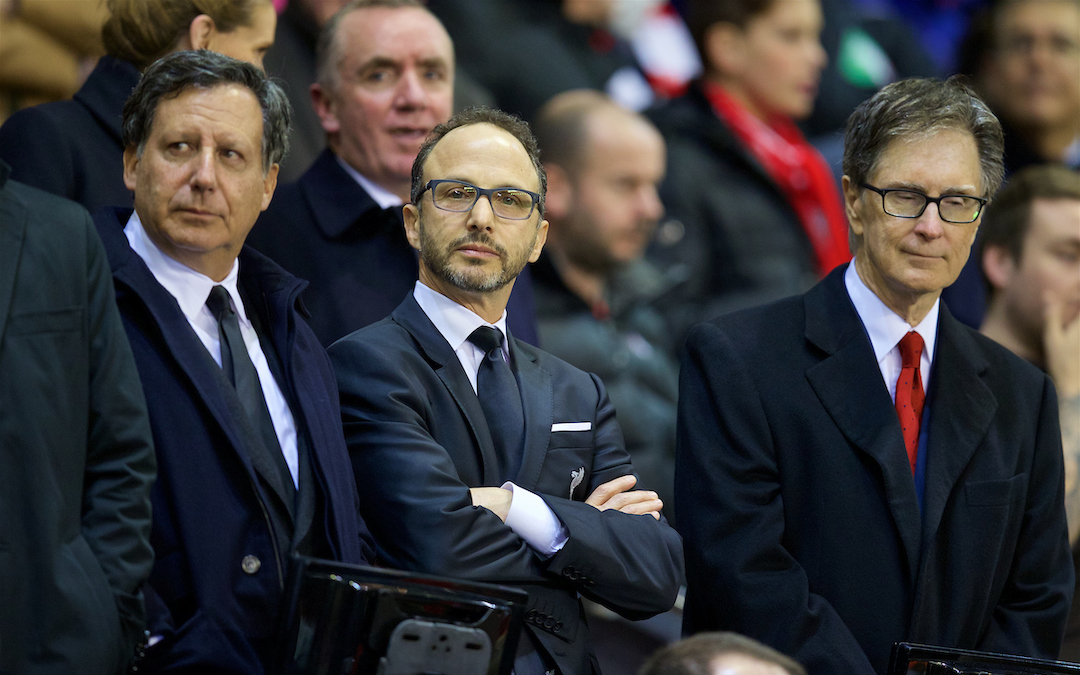
Some of the suggestions, though, really are laudable. Rick Parry, President of the EFL, went on record praising the ideas and it’s easy to see why.
Under the project, 25 per cent of Premier League revenue would trickle down to the remaining 72 clubs in the lower divisions. At a time where Bury and Macclesfield have already been wound up for the lack of fairly paltry sums (most top-six player’s monthly wage would have comfortably saved Macclesfield), any cash from on high would be welcome.
Equally, the League Cup and Community Shield going wouldn’t be great losses and would free up recovery time for those involved in European competition. The idea of the uber-rich clubs gaining more power over their peers though is far from justified.
We’re back to Orwell again. This time it’s Animal Farm…
“All animals are equal, but some are more equal than others.”
Where would it end? The dispersal of TV money? Fixture changes to satisfy only the elite?
Where would it leave Leicester City? They’re one of only seven clubs who have won the Premier League but as they’ve been relegated three times from the top tier, they would have fewer voting rights as, say, Tottenham who have never won it. It also doesn’t necessarily mean that decisions will be made with them in mind.
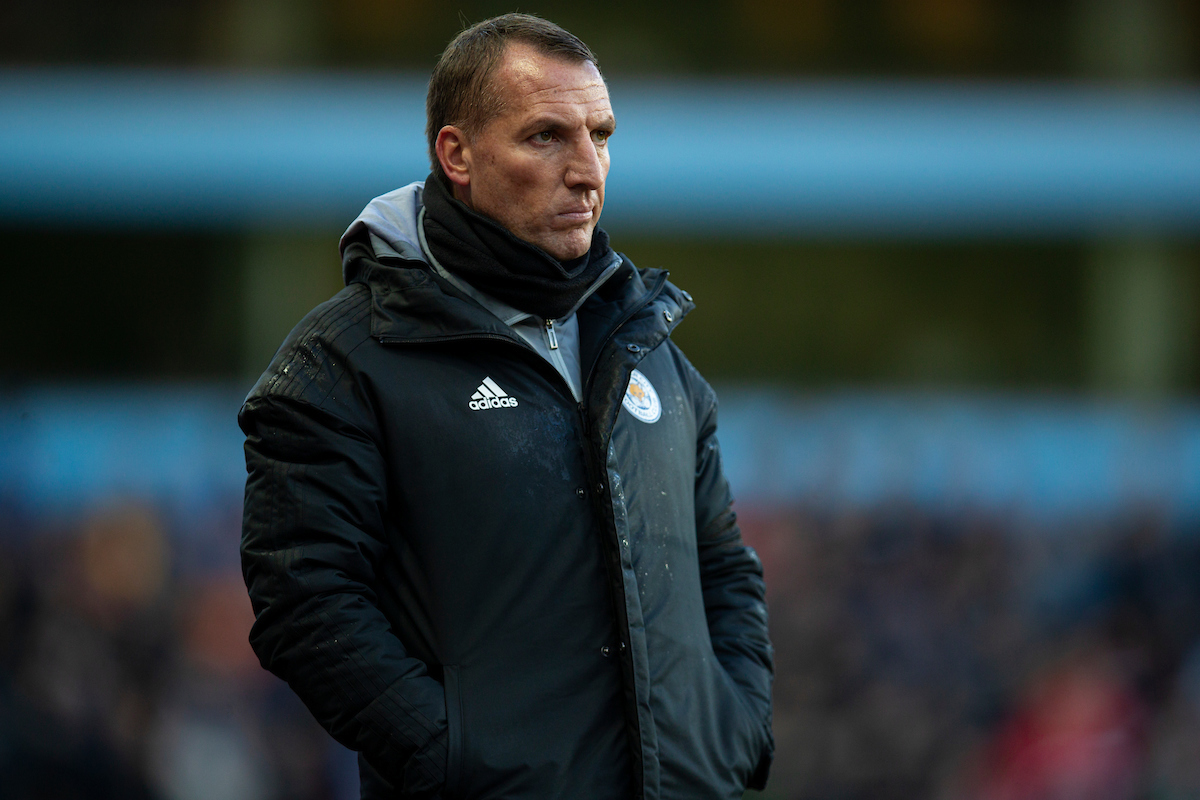
Here’s George again…
“No one believes more firmly than Comrade Napoleon that all animals are equal. He would be only too happy to let you make your decisions for yourselves. But sometimes you might make the wrong decisions, comrades, and then where should we be?”
Is this just a power grab disguised as altruism or is it a selfless act with some unavoidable concentration of power? Surely, it’s the former as there’s no real need for a power change with any such setup.
And what if the changes didn’t work out? How would the programme be ended? By a vote? It’s like the House of Lords being asked to ratify legislation for their own abolition. It’s a dangerous place to be in, particularly as in years to come they’d have the power to vote on reducing the percentage earmarked for the EFL if their own profits reduce any further.
It’s easy to be selfish about this and mutter, ‘Yeah, but Liverpool would be getting the power. Isn’t that a good thing?’ under your breath, but we’re only a bad season away from being one of the other 11 clubs. On May 9, 2009 Liverpool led the Premier League with two games to go. Seventeen months later we were 19th. I don’t trust fate that much and luck even less.
The project also calls for the ending of parachute payments – something which adds to the polarisation of the top-tier clubs and the hoi polloi.
Ordinally, a relegated club would be given a fair bit of cash to ease the financial burden as they try to offload their high wage earners to keep costs down. Without that income they could have a whole host of Premier League player contracts to be paid for with Championship money.
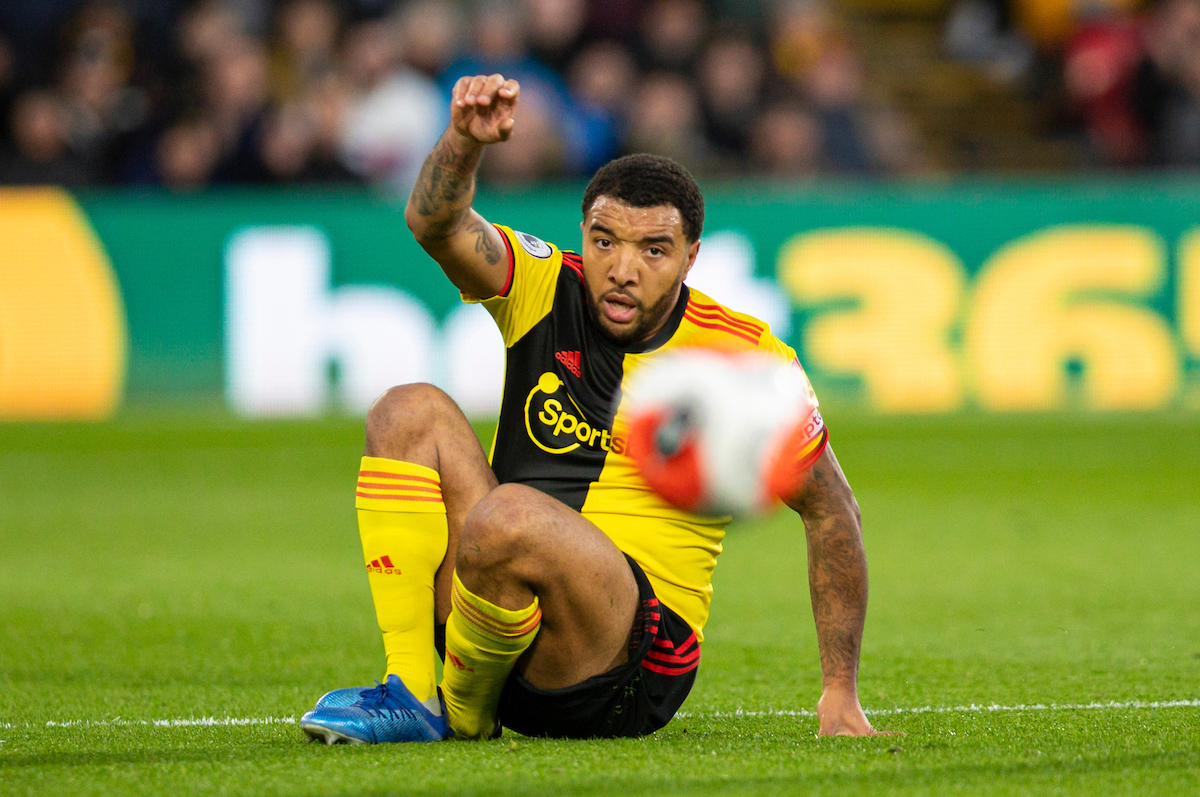
Think Troy Deeney on his (alleged) £100,000 a week. With less income coming in its easy to see how clubs can fall into financial difficulty and then be relegated further. Sunderland, for example.
This comes in the same week as the Premier League charging £14.95 for games not scheduled for broadcast. Again, it’s understandable as all clubs are feeling the pinch thanks to the loss of gate receipts, but why is that price so high? Surely, it’s just greed. The EFL’s version is a tenner.
The initial idea to show first Bundesliga games free and then Premier League matches was to give us all something to cheer following furloughs and lockdowns.
There’s a theory that football gives us a chance to get some frustrations out of our systems and its escapism invigorates our mental wellbeing. It tends to do the opposite with me, to be honest, but having competitive games free to air really did help.
Now it feels like we’ve been lured into utopia only to find that someone somewhere is preparing an invoice. You’ve had your fun. Now get your wallet out.
The worst thing about PPV is that it’s difficult to refuse. We’re all addicts of the game. I swore I’d stop going to the match when tickets went over £20. Years later I leapt like a salmon when away games were reduced to £30.
At the start of the 2010-11 season with Roy Hodgson newly arrived in the dugout, I took the principled step to stop going to home games in protest over Hicks and Gillett. I nailed my colours to the mast and steadfastly avoided the opening game against Arsenal.
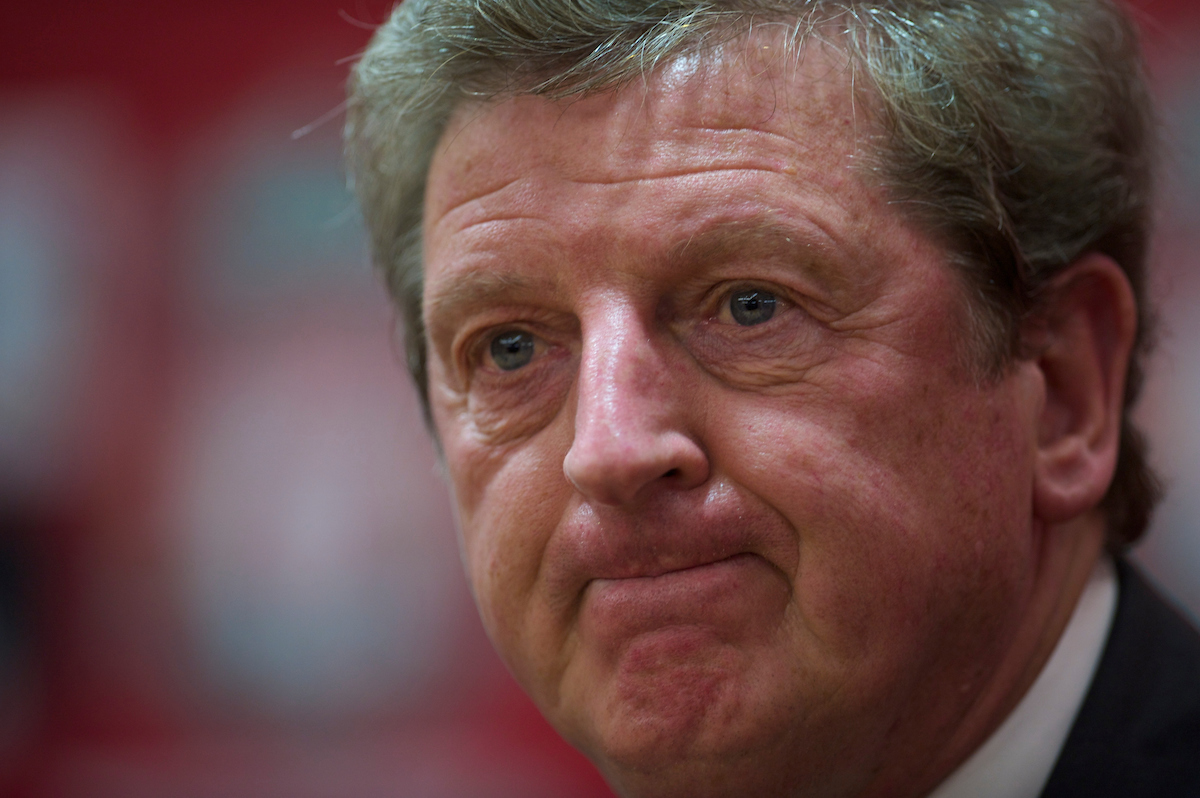
I was back for the West Brom game a fortnight later. I just couldn’t stay away.
It’s hard to have principles when The Reds have kicked off and you’ve no idea who has the ball. Well, it is for me anyway. They’ve got me by the bollocks.
There are many changes that need to be made to the game and the financial security of the lower divisions is paramount, but the concentration of power is too big and a dangerous price to pay.
The money god must be fed and now it’s to be led by a handful of clubs? That’s not a league. That’s a two-tier system held intact by a closed shop mechanism.
There must be a better way than this. Must be.
For instant reaction to all the Liverpool news and events that matter to you, special documentaries and exclusive interviews, subscribe to The Anfield Wrap…
“This attitude has been there from the hierarchy around those [big] clubs.”
— The Anfield Wrap (@TheAnfieldWrap) October 14, 2020
“Some of the bits bolted on [to Project Big Picture] feels like throwing us a bit of toffee to make it sound sweet.”
Listen 👉 https://t.co/r5p9IhWRuZ
Watch 👉 https://t.co/41LwiuCLEy pic.twitter.com/OaJKf9zjEM

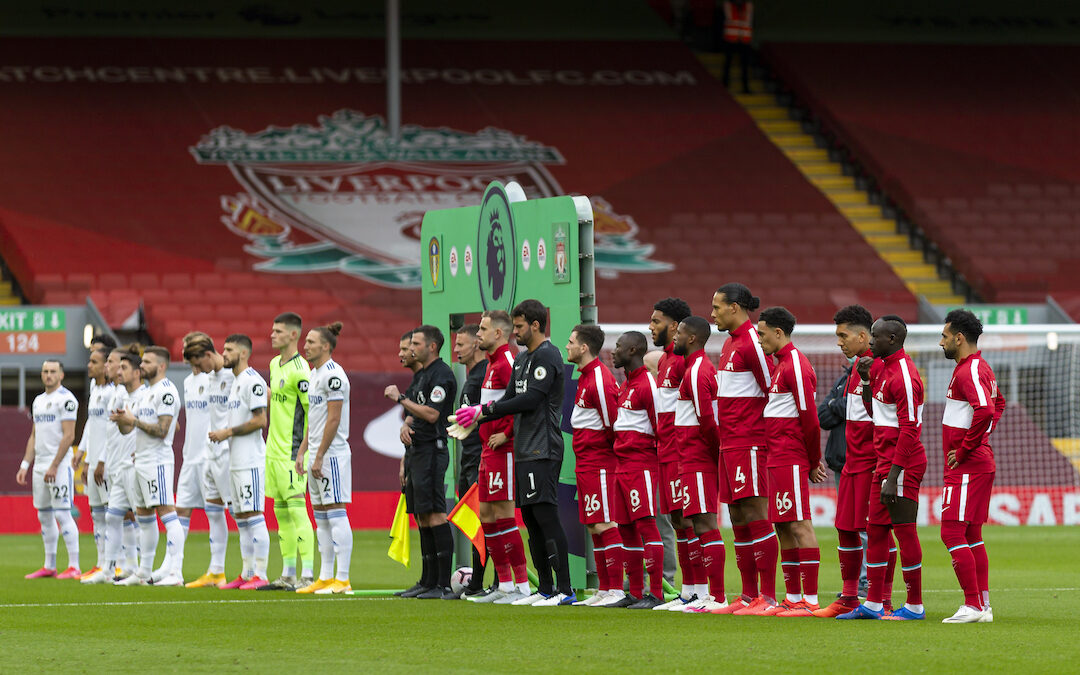










“The worst thing about PPV is that it’s difficult to refuse. We’re all addicts of the game. I swore I’d stop going to the match when tickets went over £20. Years later I leapt like a salmon when away games were reduced to £30. At the start of the 2010-11 season with Roy Hodgson newly arrived in the dugout, I took the principled step to stop going to home games in protest over Hicks and Gillett…I was (at) the West Brom game a fortnight later. I just couldn’t stay away.”
This here is the problem. The people with the power recognise that the average football fan is similar to an addict of various other less socially acceptable vices.
Sometimes we have to stop and ask ourselves “Why?”